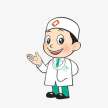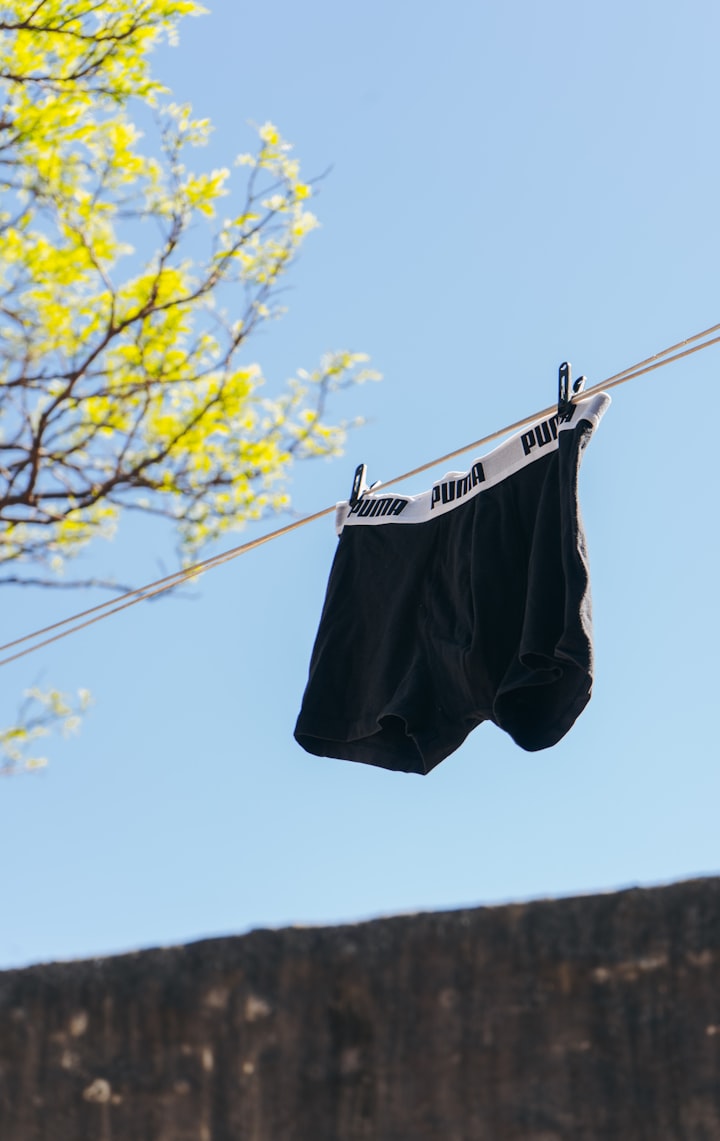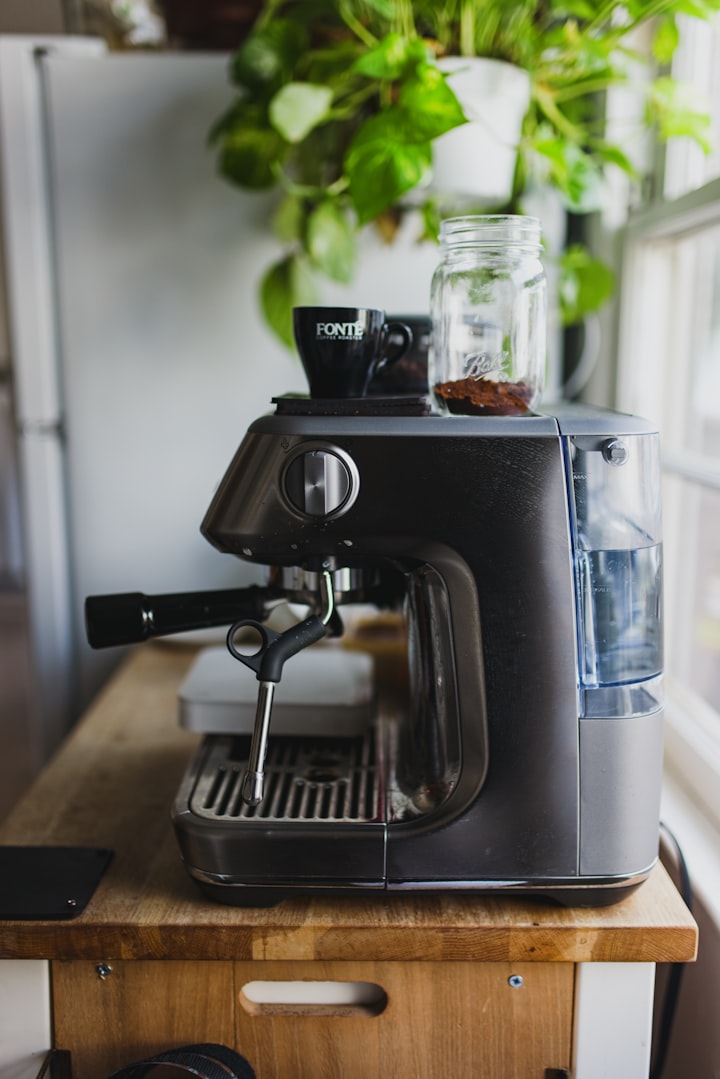What Makes Autumn and Winter Peak Times for Prostatitis Incidences?
Why does your prostatitis recur in autumn and winter?

The transition into autumn and winter marks a concerning time for men's health, particularly regarding prostatitis, an inflammation of the prostate gland that manifests with higher incidence during these colder months. Often compared to the common cold for its frequency, prostatitis, unlike a cold, has the potential for recurrence, especially when triggered by the cold environment—a key risk factor for the condition.
Exploring the Seasonal Rise in Prostatitis Cases
Several factors contribute to the heightened risk of prostatitis during autumn and winter:
1. Cold Sensitivity: The prostate is particularly sensitive to cold due to its anatomical positioning at the bottom of the pelvic cavity, lacking a protective fat layer. The drop in temperature characteristic of these seasons can lead to a stagnation of blood flow and qi (a concept from traditional Chinese medicine referring to vital energy), setting the stage for prostatitis.
2. Physical Inactivity: With the colder weather, there's a notable decline in outdoor activities. Men tend to become more sedentary, preferring indoor warmth and often engaging in prolonged periods of sitting, which can negatively impact the body's circulation and immune response. This inactivity, paired with the habit of sitting for extended periods—often in front of computers or handheld devices—can lead to congestion in the prostate. Such congestion is a precursor for bacterial invasion and infection, increasing the likelihood of prostatitis.
3. Dietary Choices: The craving for warmth often leads to an increased consumption of spicy and hot foods during the cold seasons. While these foods can provide sensory pleasure and a feeling of warmth, they can also cause congestion within the prostate, making it susceptible to inflammation and infection.
4.Urinary Habits: The chill of autumn and winter nights can discourage men from maintaining regular urinary habits, particularly the avoidance of urinating during the night due to the cold. This habit can lead to urine accumulation and stasis within the bladder, promoting bacterial growth and raising the risk for prostate and bladder infections.
Many patients experience recurrent bouts of prostatitis, which can greatly diminish their quality of life due to considerable discomfort. To stave off such recurrences, individuals may opt for a traditional Chinese medicinal remedy known as the Diuretic and Anti-inflammatory Pill. This herbal formulation aims to holistically manage the urinary system, quell inflammation, and alleviate discomfort, thereby providing both immediate relief and a more profound therapeutic impact.
The Challenge of Recurrence
Prostatitis is notorious for its tendency to recur, causing distress and affecting the quality of life. This recurrence can be influenced by several factors:
1. Anatomical Considerations: The prostate is a glandular organ nestled close to several other critical structures in the male genitourinary system. Inflammation in adjacent organs, such as the seminal vesicles, vas deferens, urethra, bladder, and rectum, can easily lead to a domino effect, causing recurrent episodes of prostatitis.
2. Transition to Chronicity: If acute prostatitis is not treated promptly and effectively, it may progress to a chronic state. Complete eradication of bacteria in the prostate is challenging due to its complex anatomy, which includes numerous small ducts. If these ducts become blocked, they create an environment conducive to bacterial proliferation, especially when the immune system is compromised, leading to recurring infections.
3. Sexual Health Management: The role of sexually transmitted diseases (STDs) in prostatitis is significant. Often, men undergoing treatment for prostatitis related to STDs may overlook the necessity of treating their sexual partners, which leads to a cycle of infection and reinfection.
4. Psychological Effects: The protracted nature of prostatitis can have psychological repercussions. Chronic sufferers may experience significant stress and anxiety, which can exacerbate symptoms and necessitate psychotherapy.
Preventive Strategies for Fall and Winter
To mitigate the risk of prostatitis during these high seasons, several preventive strategies can be adopted:
1. Hydration and Urination: Maintaining regular hydration and frequent urination is crucial. Adequate fluid intake ensures a dilute urine, which can help in "flushing" the urinary tract, thus preventing the concentration of pathogens and reducing the risk of infection. Moreover, frequent urination can prevent urine stasis, which is a risk factor for bacterial growth.
2. Balanced Diet: Emphasis on a balanced diet rich in fresh fruits, vegetables, and essential nutrients can enhance the body's anti-infective capabilities. Foods rich in antioxidants and trace elements can support prostate health and should be included in the diet, especially during the susceptible months. Conversely, irritants like alcohol and spicy foods should be limited as they can exacerbate prostate inflammation.
3. Active Lifestyle: Regular exercise and avoiding prolonged sitting are key. Physical activity, particularly that which engages the abdominal, thigh, and buttock muscles, can improve circulation to the prostate and promote lymphatic drainage, which is beneficial for preventing congestion. Activities like jogging or brisk walking for 20-30 minutes a day can significantly contribute to prostate health.
By understanding the seasonal risks and implementing these preventive measures, men can significantly reduce their chances of developing prostatitis during the vulnerable autumn and winter months. Regular check-ups and consultations with healthcare providers can also provide early detection and treatment, further reducing the risk of recurrent prostatitis.
About the Creator
Amanda Chou
Looking to restore your life troubled by prostatitis, epididymitis, seminal vesiculitis and other male reproductive system diseases? Here are the resource to help you in this endeavor.






Comments
There are no comments for this story
Be the first to respond and start the conversation.